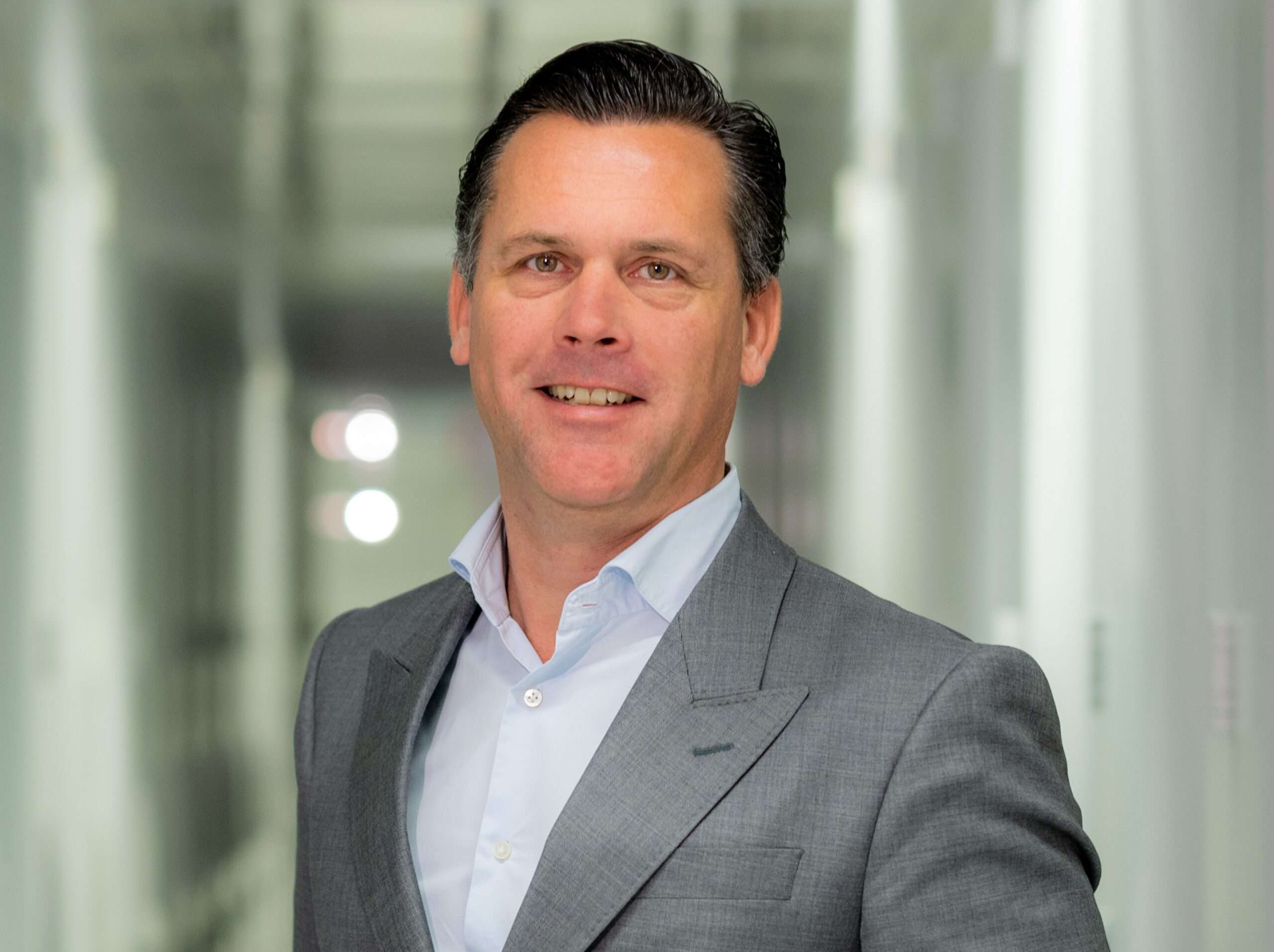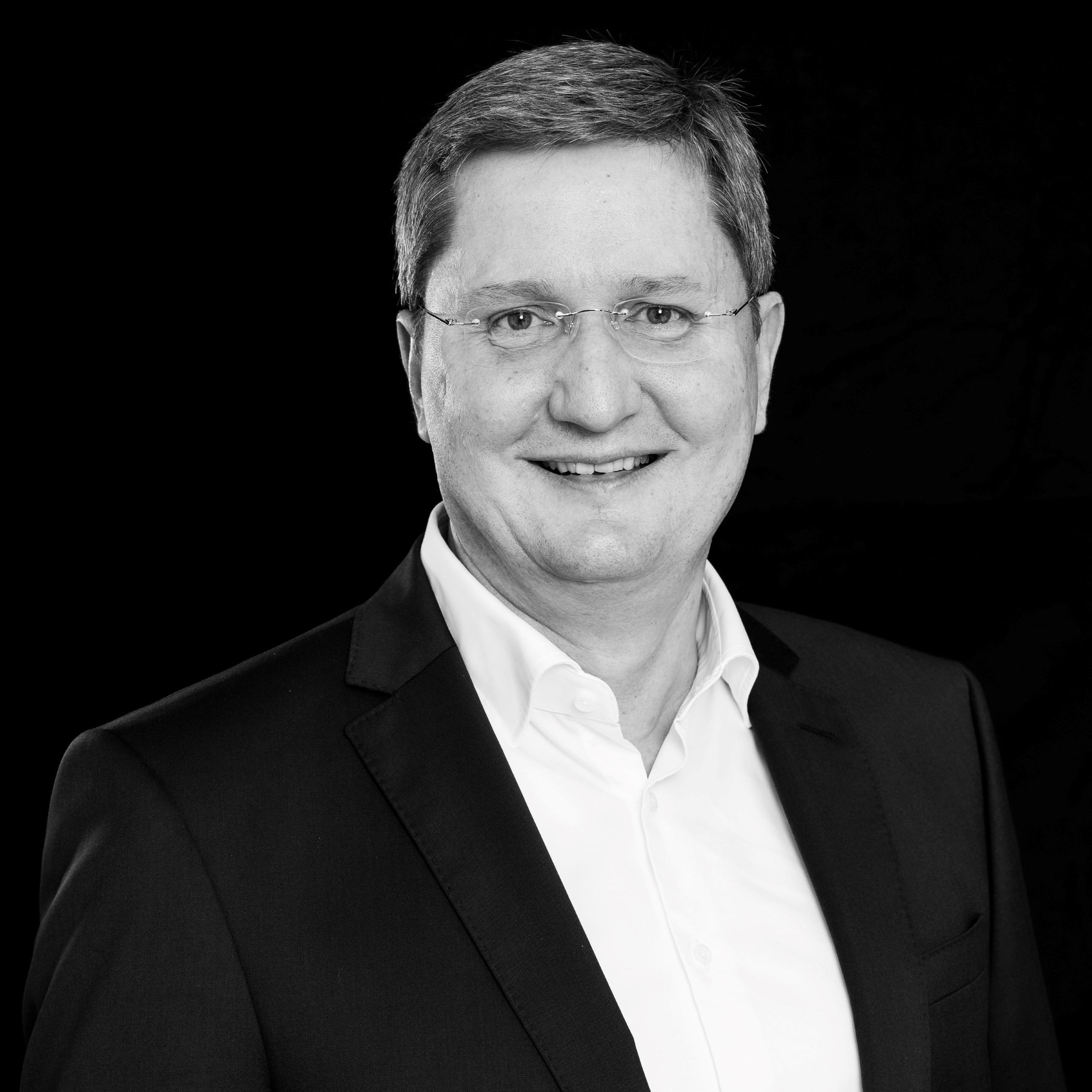
M&A deals are core to the NorthC Group’s expansion. NorthC recently acquired a data center in Winterthur (Zurich Area) as part of its growth strategy for the Benelux and DACH regions. The deal was brought to the table in cooperation with partner C-Matrix. This brings NorthC’s total number of data centers in Switzerland to four, following the acquisition of three data centers from Netrics in April 2022. It is NorthC’s 19th data center in Europe.
Maarten Goeman, Vice President of Corporate Development at NorthC, shares key insights to their M&A success in this interview.
You’ve worked in international M&A for many years. What inspires you about M&A projects?
It is a combination of factors:
- finding the right business fit in any deal
- having strategic discussions with in-house decision-makers
- the project-based, cooperative nature of the work
M&A deals open the door to strategic discussions with decision-makers about how they want to grow the business. These senior executives are very well aware of what is happening in the market, providing value-added advice about opportunities and where the sector is heading positions you as an advisor to your internal customer base.
“With every transaction, you gain insights into the sector, enhance your technical skills, and develop your soft skills.”
The project-based nature of the work, with a clear start and end date, is something I genuinely appreciate. Not only do I transition from one project to another, but I also collaborate continuously with my direct colleagues, clients and advisors with each deal. Typically, everyone involved is well-educated and experienced and stands out as exceptional leaders in their field, radiating unparalleled professionalism. With every transaction, you gain insights into the sector, enhance your technical skills, and develop your soft skills.
You’ve experienced M&A from both international banking and clients. What are the key differences between leading M&A projects on the client side compared with your M&A experience in banking?
There is a significant difference between my current position and my role in banking: instead of being the deal advisor, I am now the principal. In evaluating a deal, NorthC places a greater emphasis on risk. While the initial purchase is just the beginning, the real challenge and excitement come from integrating it into our company and ensuring its success.
Fortunately, we have dedicated local teams that take the reins once a deal is concluded. While my team and I play an initial role post-acquisition, our involvement gradually diminishes. In the recent , I’m currently the primary liaison due to my deep understanding of the deal and its assets. However, I’m not entrenched in the daily operations. At this stage, I mainly address expenditures or potential modification queries. Over time, as our Swiss team becomes more familiar with the new acquisition, they’ll assume full responsibility. They ensure the business aligns with our vision, drive necessary investments, and integrate it seamlessly into NorthC’s established Swiss operations.
Can you outline some of the additional skills you’ve developed that have helped ensure the success of your M&A deals?
Being part of the management team at NorthC provides me with a broader view of the business beyond just M&A. It is enlightening to delve into new dimensions, such as understanding the technical and operational drivers of a data center’s business valuation. While certain aspects are new to me, I am surrounded by colleagues with extensive experience, making it a rewarding experience to learn from their insights and grow in these areas. Every deal brings its own set of cultural intricacies to navigate. While Switzerland, the Netherlands, and Germany may seem culturally similar due to their location in north-western Europe, Switzerland is distinctively diverse. Instead of being a homogenous country, it’s a composition of unique regions, each priding itself on its autonomy. While Switzerland is a refined nation, the distinctiveness of its regions and cantons is truly its defining strength.
“The NorthC network’s regional footprint is invaluable.”
You’re based in the Netherlands but have a solid regional development strategy. How do you find the local deals?
There are several crucial components to our approach. To start, the NorthC network’s regional footprint is invaluable. The local teams possess a profound understanding of their local markets. They consistently scout for potential data center locations and other ventures. Working closely with these teams, the M&A division and I make it a point to travel and personally evaluate opportunities. Relying solely on office-based work would yield different results.
Our expansive external network includes bankers, real estate professionals, and legal consultants. In our most recent project, C-Matrix’s transaction services were instrumental. They introduced the opportunity, and we took it from there, ensuring its successful execution.
What critical advice would you give to other international companies looking to expand by acquisition in Switzerland?
Important to know is that Switzerland is a deeply localized market with distinct local languages. Speaking, or at the very least having team members who speak the local language, is essential.
In Switzerland, it is about more than just adjusting to the major linguistic regions like German, French, or Italian. It is also about understanding the unique cultures of each canton. While I am Dutch and typically converse in German or English, such a strategy does not always resonate here. The cantons, even within the German-speaking region, have their distinct characteristics. Most local businesses prefer to use data centers in their local cantons. We have to consider that when we want to grow the customer base of our existing data centers. If you do not have a direct presence in certain cantons, you must ensure that you have representatives on-site who have established networks and business relationships within that region. Such relationships significantly entice customers to our data centers, regardless of whether these facilities are in their home canton.
Furthermore, Switzerland is a highly developed nation with a robust legal and regulatory structure. Interacting with the locals is usually seamless if you consider the regional intricacies I’ve mentioned. It is about commitment and adaptability. Recognizing and embracing local distinctions is essential when branching into a new market. This is a universal principle: adjusting to local norms is critical when entering a new country.
Is there any other advice that you would like to offer?
We were thrilled when C-Matrix brought a potential acquisition opportunity to our attention. Their approach was both captivating and well-executed. Indeed, each country has its unique business practices. Appreciating the local connections that can lead you to unanticipated opportunities is essential.
Learn more about NorthC Datacenters:

Dr. Alfred Köcher provides companies, organisations and business leaders with the tools they need to become opinion, market and industry leaders – with a range of programmes and campaigns that ensure ongoing success. He has a wealth of experience in strategic communications and reputation management as well as in business development programmes.

Victoria Tanner works with CEOs and communications leaders of international and local companies to help grow their businesses. Clients rely on her extensive business, media and government networks and strategic communications advice, especially across mergers and acquisitions, launches, transformation and business development programs.